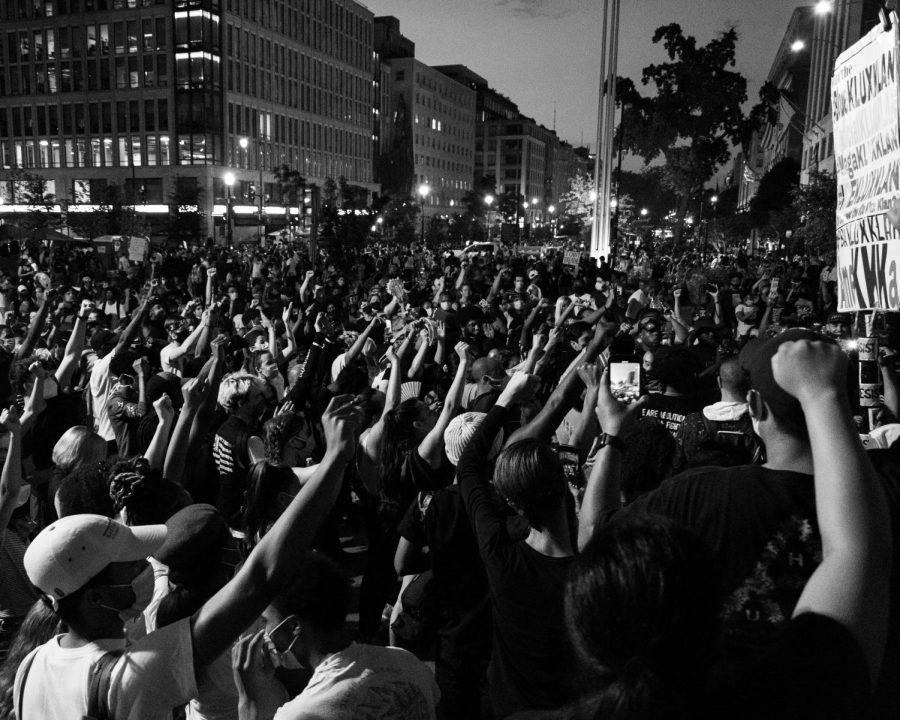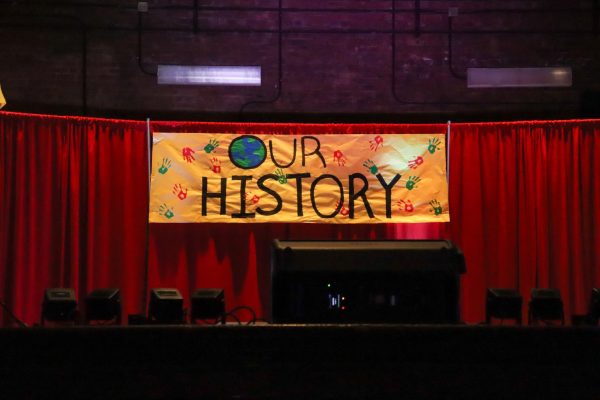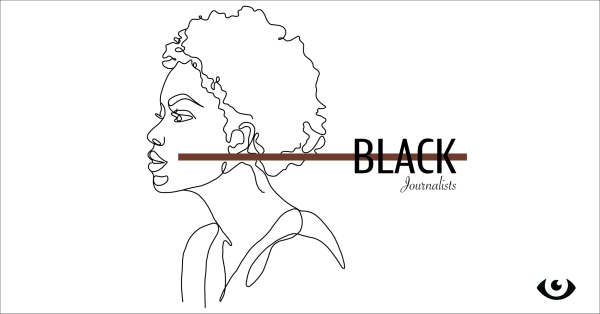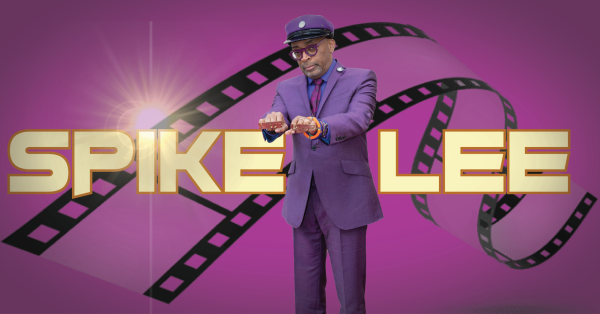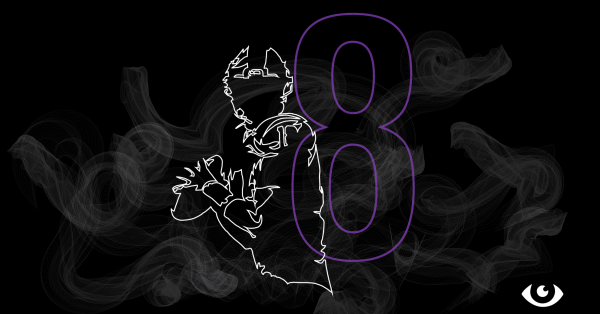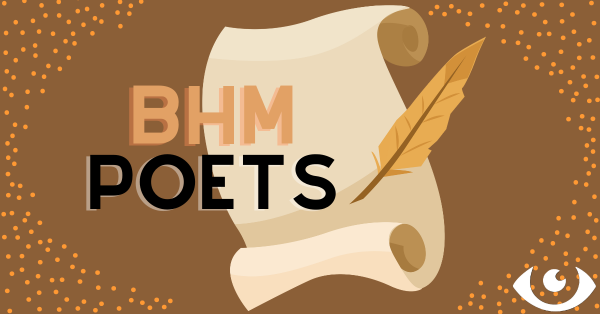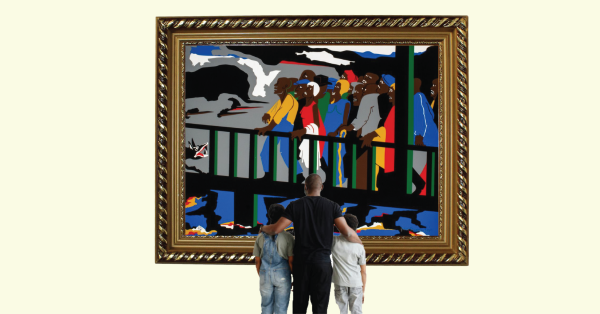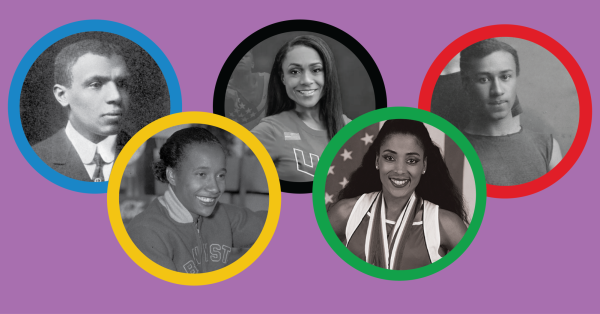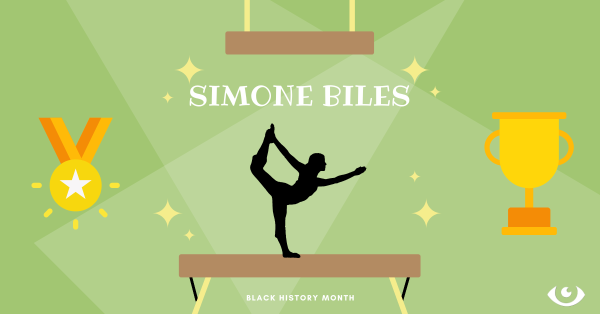BHM: Unsung heroes of the Civil Rights Movement
Protests such as these have sparked changed all across the world. Photo by Koshu Kunii on Unsplash.
March 2, 2023
“Not all heroes wear capes.” Bayard Rustin and Dallas Thornton certainly didn’t need a cape to influence the world around them.
During the Civil Rights Movement, aid came in various forms from activists. Some were leaders of the movement, and organizers, and others simply followed to help swell the protest masses. These diverse contributions were all crucial to the transformation of American society. In this article, a supporter and a leader represent many of the unsung heroes of the Civil Rights Movement. These two names are not remembered the way Martin Luther King Jr, Rosa Parks, and Malcolm X are. They worked behind the scenes, and are heroes in their own right.
Bayard Rustin
“Let us be enraged about injustice, but let us not be destroyed by it.”
Bayard Rustin was a Civil Rights Movement leader and an adviser to Martin Luther King, Jr. He was the main organizer of the March on Washington in 1963. He also participated in marches that supported socialism, nonviolence, and gay rights.
Bayard Rustin was born on March 17, 1912, in West Chester, Pennsylvania Rustin’s grandmother, Julia, was a member of the National Association for the Advancement of Colored People (NAACP), and she was well-connected to leaders of the NAACP, such as W.E.B. Du Bois. She often brought them to visit her household, so Rustin grew up surrounded by individuals who strived to see a change in American society.
In high school, Bayard Rustin began opposing racial segregation through nonviolent protest. He was jailed in 1944 as a conscientious objector to World War II, which meant that he refused to serve in the military for religious reasons. While imprisoned, he organized protest against segregated prison facilities. After his release, Rustin traveled to India to learn the peaceful strategies of civil disobedience that Mahatma Gandhi preached. However, Gandhi had recently been assassinated, so Rustin used his time in India to meet with other leaders from Ghana and Nigeria to gain a thorough understanding of nonviolent tactics.
In 1955, Rustin started working with Dr. Martin Luther King Jr. He shared his ideas of peaceful protest with him, advocating for a calm resolution to the civil rights issues plaguing the nation. Eventually, Rustin became King’s main advisor, as well as a key strategist in the broader Civil Rights Movement. Rustin was sought out by many throughout the Civil Rights era because of his knowledge of civil disobedience. However, his biggest contribution to the movement was on August 28th, 1963, when his expertise was unleashed upon Washington D.C as 250,000 activists marched on our capitol. The violence that could unfold on this day concerned Rustin, so he worked concurrently with local hospitals and police to prevent a hostile response. Dr. King delivered his famous, ‘I have a Dream’ speech in safe hands due to Rustin’s tireless behind-the-scenes efforts. Despite the insights he provided to Dr. King, other activists were opposed to Rustin being at the forefront of the Civil Rights Movement due to his homosexuality. Despite this barrier, Rustin continued to speak out and organize protests until he passed away in 1987.
In 2013, President Obama posthumously awarded Bayard Rustin the Presidential Medal of Freedom, an award given to people who have contributed to the security or national interests of the United States. World peacemakers and other committed reformers have usually been the main recipients. Bayard Rustin’s life’s commitment was fighting for equality through peaceful means, persistence in the face of resistance and learning civil disobedience from others who also fought for equality. His indignant reaction towards racism reminds us today to take action, learn and peacefully fight for what we believe is right.
Dallas Thornton
“If you believe in something and you see it going on then you participate.”
Dallas Thornton is one of the few 1960s-era Civil Rights activists still with us today. Additionally, he stood on the sidelines and fought behind Martin Luther King Jr., exemplifying the impact that regular people have on societal change.
Dallas Thornton was born on Sept. 1, 1946 in Louisville, Kentucky. Thornton recalls the countless times when people flooded the streets as they marched in front of his house, demanding justice and equality for all. When he was in ninth grade, his family decided to join those who marched.
“It was a hard decision. Me and all my friends were out there together, we were all going to march together and protest together,” Thornton said.
At such a young age, Thornton thought it to be daunting, but he continued protesting for what believed to be just.
By 1968, segregation had ended following the passage of the Civil Rights Act of 1965. Although the continuing discrimination, intolerance and aggression towards African Americans did not end, Thornton rejoiced in the change and influence a mass of unrelenting individuals could bring to their country. Despite this legislation, Thornton never thought that racism would cease to exist.
“Well, tell you the truth, I never thought that there wouldn’t be any racism. I wish there wouldn’t be. But there will be racism because there will always be people that are going to say that you are less because of the color of your skin. And, that’s not a white thing, racism is something that is practiced by many races,” Thornton said.
Despite his pessimistic perspective, he is willing to let the world surprise him.
After Thornton graduated from Male High School, he played basketball at Kentucky Wesleyan College. In 1968, Thornton was selected by the Baltimore Bullets in the NBA basketball draft. From 1969-1970, Thornton played for the Harlem Globetrotters, an American exhibition team who mixed comedy and basketball to entertain crowds. The Harlem Globetrotters have now played more than 26,000 games in 124 countries, spreading the vision of black excellence worldwide
During his career, Thornton faced various forms of discrimination. Growing up, Thornton felt he was regarded as inferior, and that this prejudice deterred him from achieving greatness. When asked how he dealt with it, he responded succinctly.
“You have to overcome it. Dr. Martin Luther King taught us and preached to us that people will always think that you are not as good as other people, but you are. So you have to believe in yourself, and the color of your skin shouldn’t have anything to do with your beliefs,” Thornton said.


